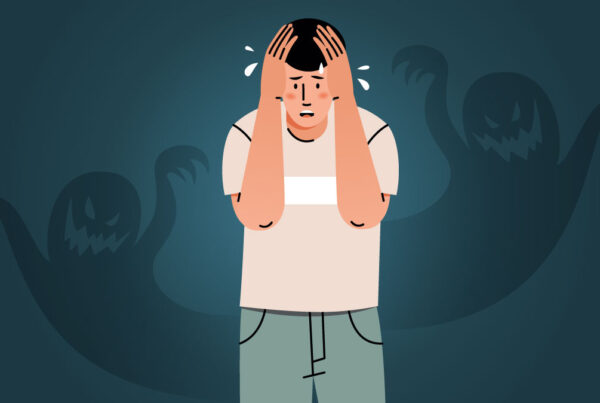A “smile disorder” is not a specific medical condition, but it can refer to various conditions or issues related to difficulties with smiling. This might involve physical, neurological, or psychological factors that affect a person’s ability to smile or show facial expressions.
Here are some potential explanations for a “smile disorder”:
- Facial Paralysis or Weakness: Conditions like Bell’s palsy, stroke, or neurological disorders (such as Parkinson’s disease) can affect the muscles involved in smiling, leading to facial asymmetry, drooping, or an inability to smile. People with such conditions may have difficulty showing emotions through facial expressions, including smiling.
- Psychological or Emotional Disorders: Depression, anxiety, and other mental health issues may make it difficult for a person to smile, even if they want to. Emotional numbness or a lack of motivation can lead to a reduced expression of emotions, including smiling. A person may still experience happiness but not express it outwardly.
- Congenital Conditions: Some people may be born with physical conditions that limit their ability to smile, such as certain craniofacial conditions (e.g., cleft lip and palate).
- Social or Cultural Factors: In some cases, a person might not smile due to cultural norms, personal beliefs, or social situations. Some people might find it difficult to smile in public due to social anxiety, shyness, or concerns about how they are perceived.
- Aesthetic or Cosmetic Concerns: Some individuals may avoid smiling due to concerns about the appearance of their teeth or mouth, which could be related to conditions such as dental issues or inadequate teeth alignment.
A “smile disorder” could be interpreted as any difficulty in producing a natural smile or expressing emotions via facial expressions. Diagnosis and treatment would depend on the underlying cause, whether it’s related to neurological, psychological, or physical factors. If a person has trouble smiling and feels it’s affecting their well-being, seeking medical advice or therapy might be helpful.




